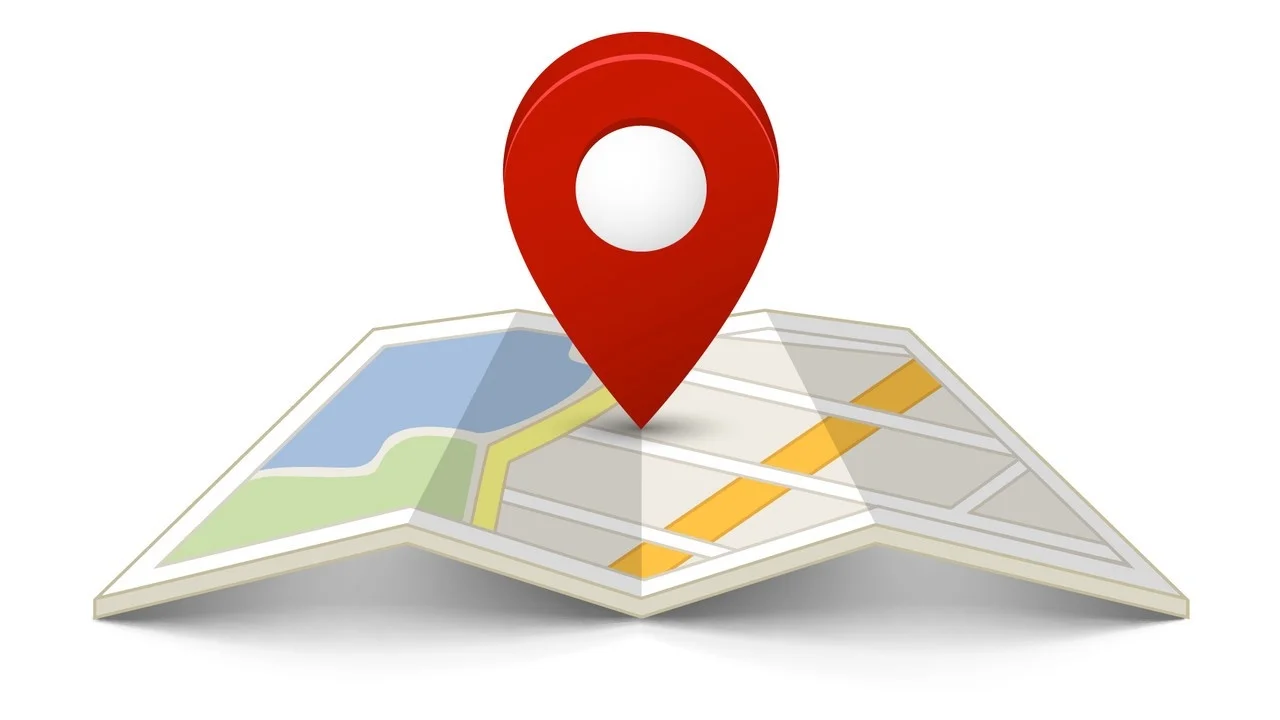In today’s digital-first world, online interactions have become the backbone of businesses, platforms, and applications. Developers and technology communities are at the center of this transformation, constantly striving to provide secure, seamless, and personalized digital experiences. One powerful tool that enables this is IP geolocation, which helps developers identify user locations in real time and apply advanced security measures.
This article explores why geolocation technology is crucial for modern development, how it enhances application security, and why Secure IP geolocation solutions for developers are becoming a must-have in the technology stack.
Why Geolocation Matters in Modern Development
For developers, IP geolocation goes far beyond mapping user locations. It plays a central role in cybersecurity, compliance, fraud prevention, and user personalization. By accurately determining where a user is connecting from, applications can:
- Detect suspicious login attempts.
- Apply regional compliance rules.
- Customize user experiences with relevant content.
- Block malicious IPs to prevent attacks.
In an era where cyberattacks are increasingly sophisticated, relying on advanced geolocation solutions helps ensure users are safe while applications remain trustworthy.
The Growing Importance of Security in Geolocation
Traditional IP lookups once provided limited insights into user behavior. But with digital threats evolving, a personal IP address can now reveal critical risk factors. For example, if a login attempt originates from a different country within minutes of a verified session, developers can flag it as suspicious activity.
Security-driven geolocation allows developers to take proactive measures such as:
- Two-factor authentication for risky logins.
- Geo-blocking to prevent access from flagged regions.
- Real-time monitoring of unusual traffic.
By integrating secure geolocation tools, developers create stronger barriers against fraud while maintaining smooth user journeys.
How Secure IP Geolocation Solutions Work
Modern geolocation systems are API-powered and deliver precise, real-time data. They provide more than just the user’s country or city; they include ISP details, connection type, and even anonymizer detection to spot VPNs or proxies.
Here’s a look at the process:
- IP Detection – The system reads the personal IP address of the user device.
- Data Matching – It matches the IP against a global database of networks and regions.
- Risk Analysis – The system identifies anomalies, such as known malicious IPs or unusual traffic routes.
- Response Trigger – Developers can configure automated actions, such as blocking access, requesting additional verification, or logging activity.
This ensures that applications not only detect where users are but also protect them from potential risks.
Use Cases for Developers and Technology Teams
For developers working across industries, secure IP-based geolocation offers immense flexibility and reliability. Some of the most common use cases include:
1. Fraud Prevention in Fintech
Financial applications often face fraudulent activities like identity theft and unauthorized logins. With geolocation, developers can compare login attempts against known user patterns and stop fraud before it escalates.
2. Compliance in SaaS Platforms
Regulatory compliance often requires businesses to restrict access to certain regions. By embedding Secure IP geolocation solutions for developers, SaaS platforms can enforce location-based access rules and meet compliance effortlessly.
3. Content Personalization in E-commerce
E-commerce platforms thrive on localized shopping experiences. By analyzing a personal IP address, developers can offer region-specific pricing, shipping options, and promotions.
4. Protecting Streaming Services
Streaming platforms must manage licensing restrictions based on geography. Geolocation helps developers ensure compliance while preventing unauthorized cross-border access.
Benefits of Secure IP Geolocation for Developers
Implementing secure geolocation tools can help developers and technology teams achieve multiple benefits:
- Enhanced Security – Protect users from suspicious or unauthorized activity.
- Improved User Trust – Applications that respond to threats quickly foster customer confidence.
- Scalability – APIs integrate easily, enabling solutions to adapt to high-traffic environments.
- Cost-Efficiency – By preventing fraud and downtime, developers save resources that would otherwise go into damage control.
By prioritizing secure geolocation, developers can deliver solutions that meet both business and user demands.
Best Practices for Developers
While integrating geolocation into applications, developers should keep these best practices in mind:
- Combine Geolocation with Authentication – Use geolocation insights alongside multi-factor authentication for better protection.
- Monitor Real-Time Data – Always opt for real-time APIs that offer up-to-date insights.
- Respect User Privacy – Ensure compliance with GDPR and other privacy regulations while handling user IP data.
- Use Reliable APIs – Choose solutions that provide accurate, scalable, and secure IP databases.
Challenges in IP Geolocation
While geolocation APIs are powerful, developers must also recognize their limitations:
- VPN and Proxy Use – Users can mask their locations, making IP detection challenging.
- Dynamic IPs – Many ISPs assign dynamic IPs, which can complicate accuracy.
- Data Privacy Concerns – Handling IP data responsibly is critical to avoid compliance issues.
By being aware of these challenges, developers can implement additional safeguards to ensure effectiveness.
The Future of IP Geolocation for Developers
As the digital ecosystem expands, geolocation technology will continue to evolve. Future trends are expected to include:
- AI-enhanced anomaly detection to identify complex fraud patterns.
- Greater integration with IoT devices for smarter networks.
- Advanced proxy and VPN detection for improved accuracy.
The demand for Secure IP geolocation solutions for developers will only increase as online platforms scale and cyber threats become more advanced.
FAQs
Q1. What is a personal IP address and why is it important?
A personal IP address identifies a specific device on a network. It’s essential for developers to track user activity, detect anomalies, and secure online interactions.
Q2. How do Secure IP geolocation solutions for developers prevent fraud?
They analyze login attempts, detect suspicious activity, and block access from risky IPs. This helps developers prevent unauthorized access and fraudulent transactions.
Q3. Can IP geolocation improve user experience?
Yes, developers can use geolocation to provide localized content, tailor shopping experiences, and enforce compliance without disrupting users.
Q4. What industries benefit most from secure IP geolocation?
Fintech, e-commerce, SaaS, and streaming platforms rely heavily on accurate geolocation for security, compliance, and personalization.
Q5. How can developers choose the right geolocation API?
Look for APIs that provide accurate databases, real-time updates, scalability, and strong security features while ensuring compliance with privacy regulations.
Conclusion
In the fast-moving digital world, secure geolocation tools are no longer optional—they are essential for protecting users and building trust. For developers, integrating APIs that detect and secure user locations through a personal IP address creates a foundation for safer, more reliable applications.
By adopting Secure IP geolocation solutions for developers, technology teams not only safeguard their platforms but also deliver better user experiences, reduce fraud risks, and stay ahead in a competitive landscape.





